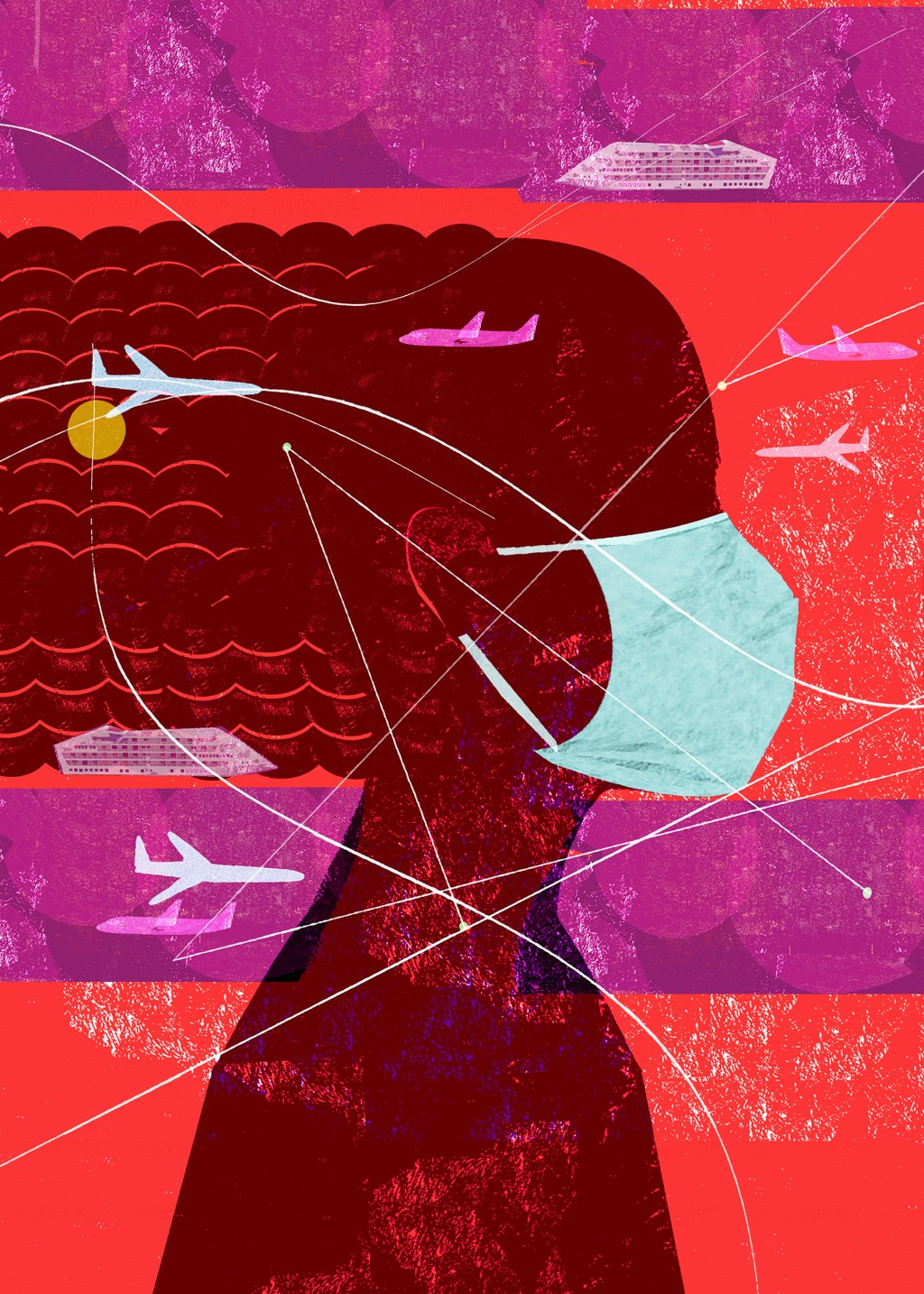The Coronavirus Update
-
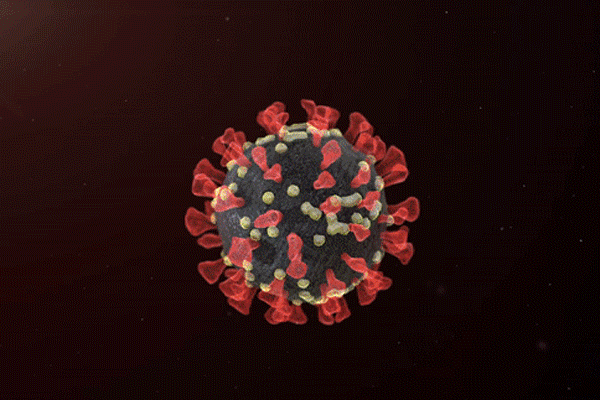 Science & Tech
Science & TechStaying ahead of virus mutations
EVEscape uses evolutionary and biological information to predict how a virus could change to escape the immune system.
-
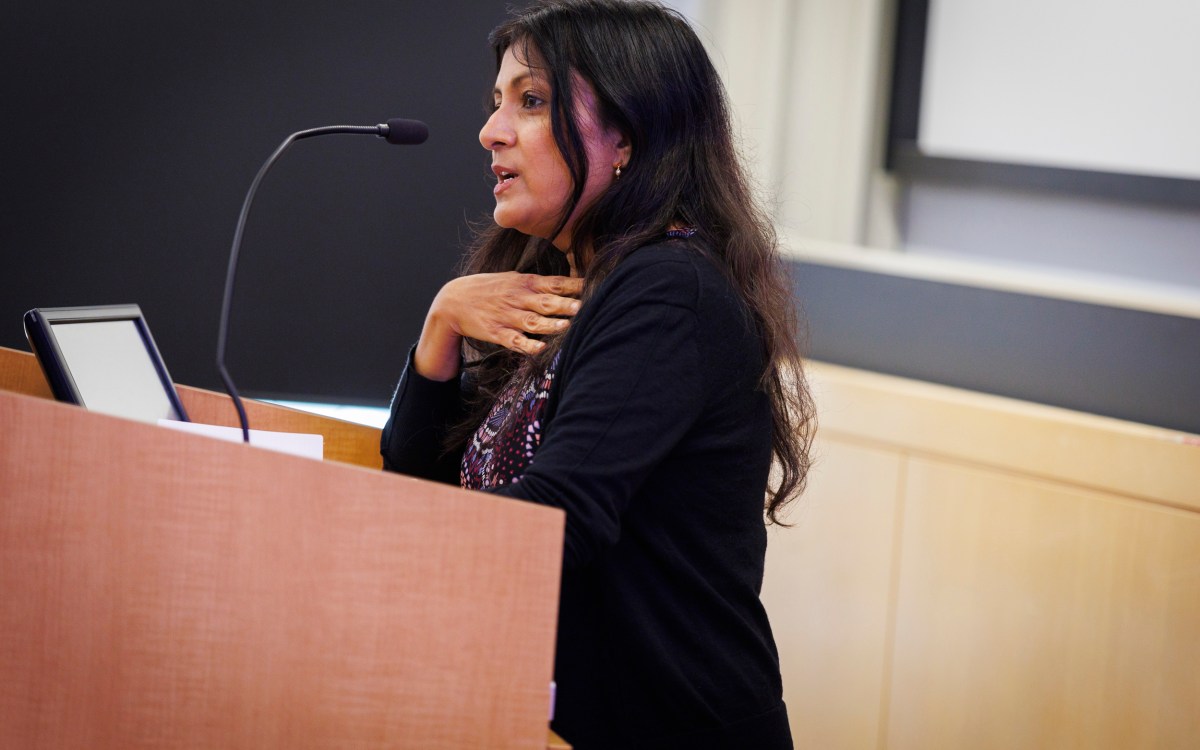 Nation & World
Nation & WorldHow federal missteps opened door to COVID misinformation
Anti-vaxxers, others benefited from mistrust engendered by early stumbles in messaging about virus, prevention, says New York Times health and science reporter Apoorva Mandavilli.
-
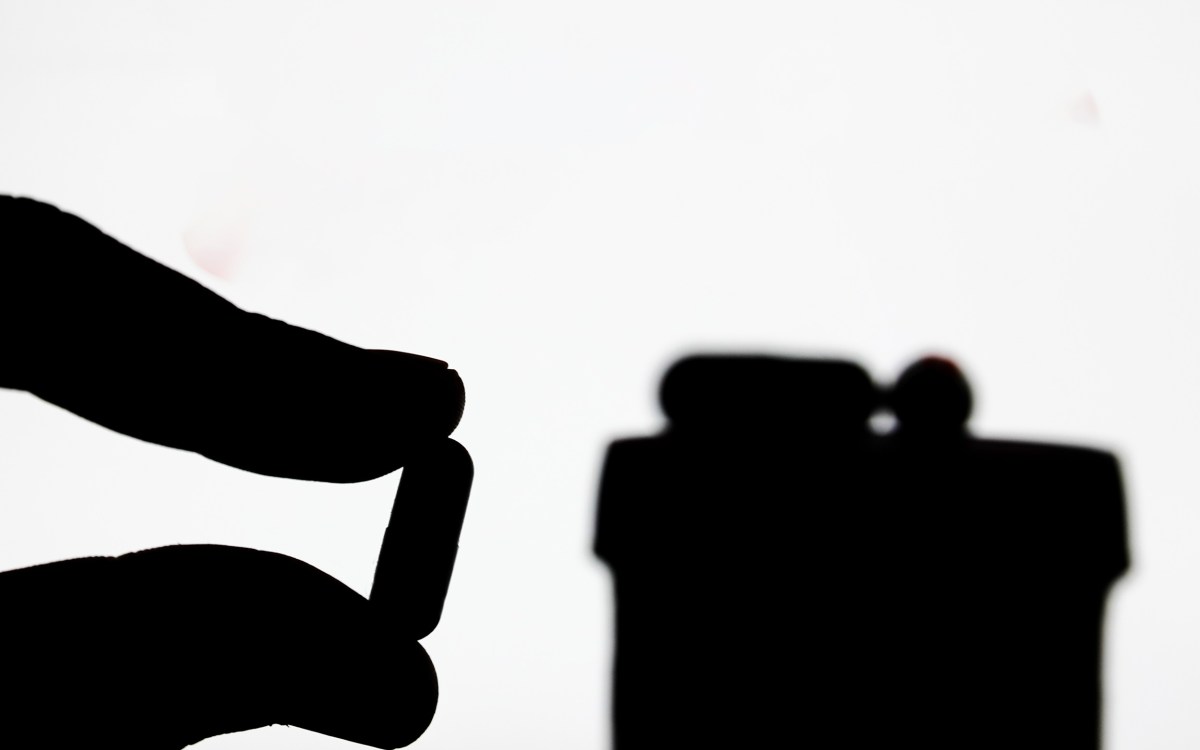 Science & Tech
Science & TechA COVID cure worse than the disease?
Some worry a treatment that kills SARS-CoV-2 by helping it mutate could spawn a super virus. New research weighs in on its “evolutionary safety.”
-
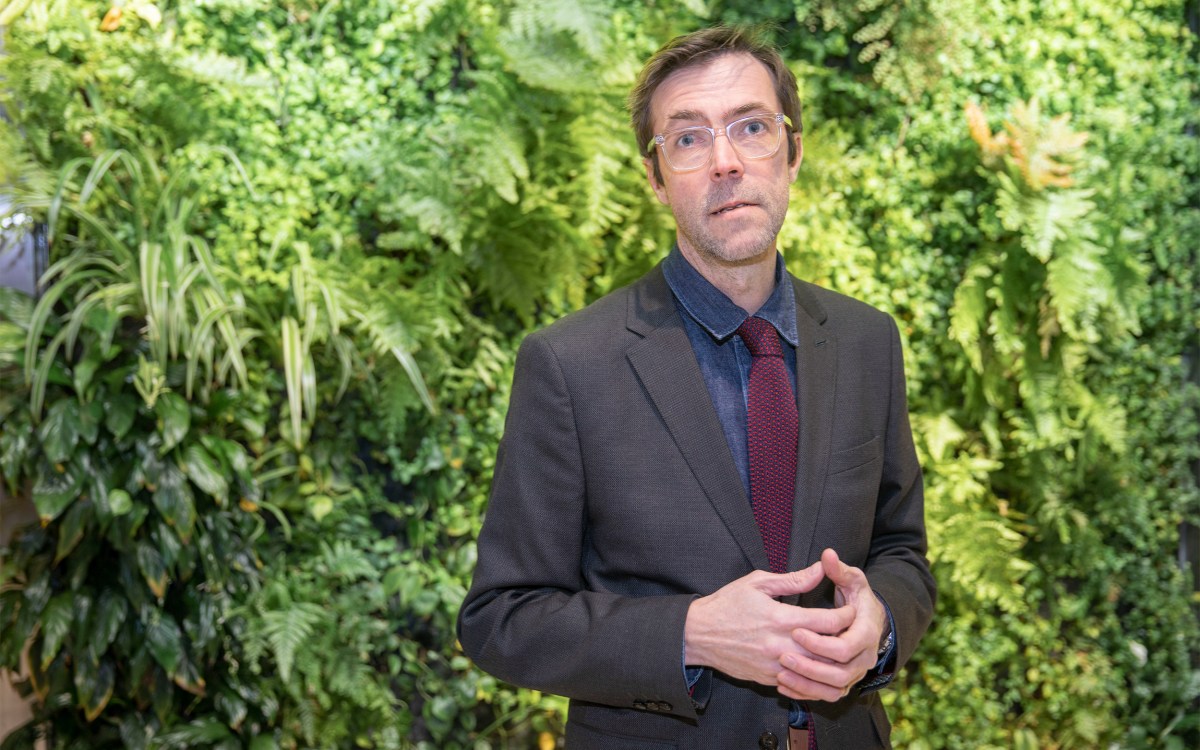 Health
HealthHow durable is your immunity?
William Hanage, an associate professor of epidemiology, talks about hybrid protection, vulnerability of older people, and the wisdom of Taylor Swift.
-
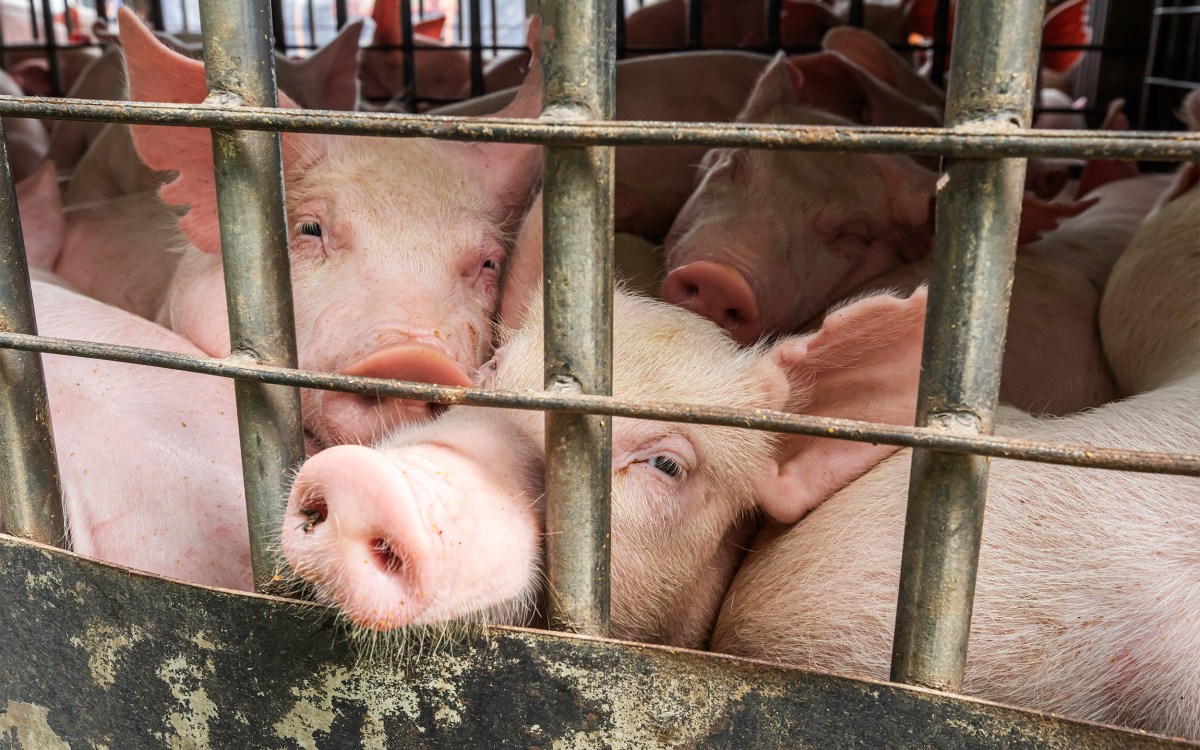 Health
HealthCOVID-19 came from animals. Why aren’t we working to prevent new scourge?
A new study suggests we are as vulnerable as ever to the emergence of another virus as deadly, or even more so, than COVID-19.
-
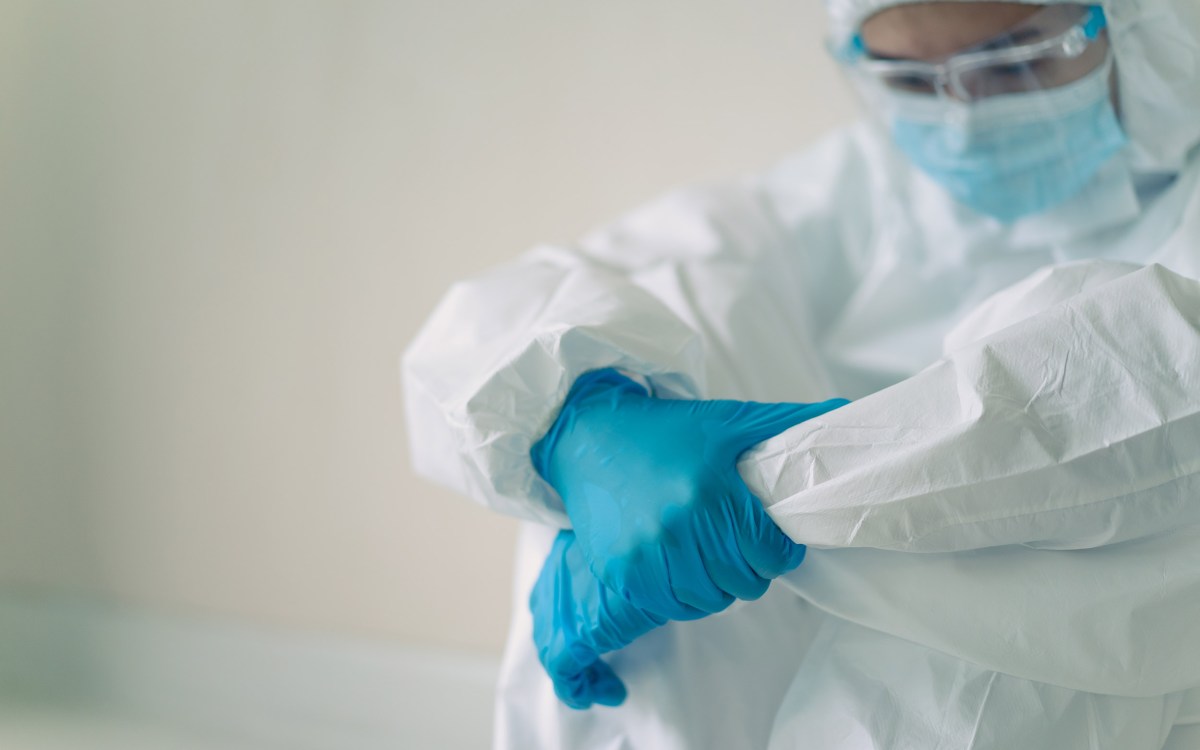 Health
HealthDoctors not the only ones feeling burned out
Through a national survey, researchers identified prevalent work overload, burnout, and intent to leave health care professions among nurses, clinical staff, and non-clinical staff, including housekeeping, administrative staff, lab technicians, and food service workers.
-
Study suggests undetected cases help speed COVID-19 spread
Modeling study offers fresh insights into stealthy nature of coronavirus and how easily it jumps from person to person.
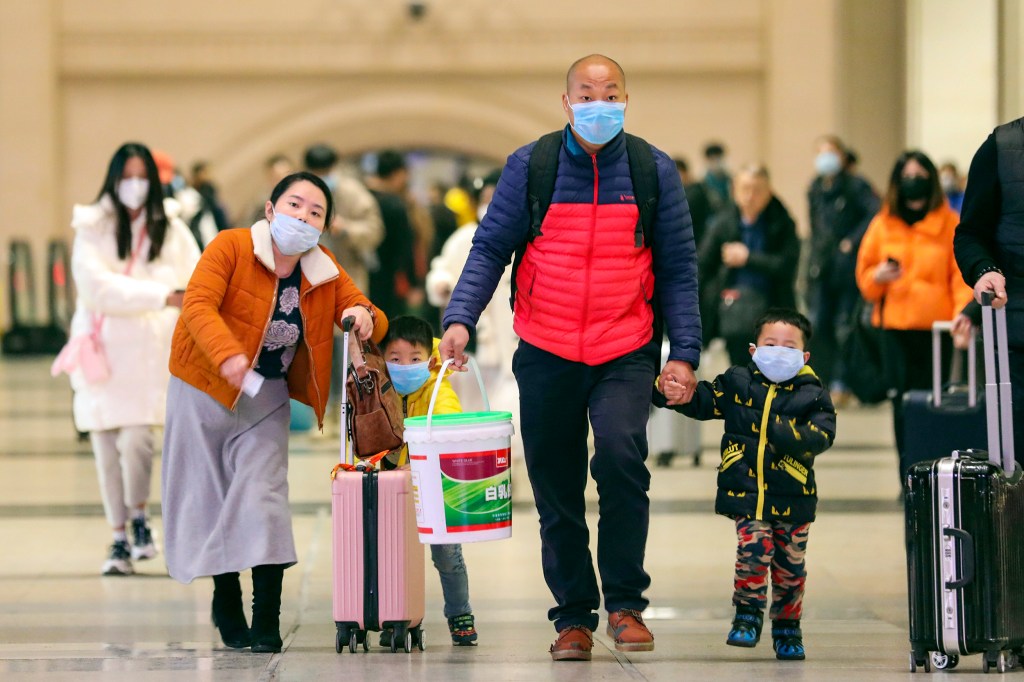
-
What’s next for the world’s largest economies?
Edward Cunningham and Philip Jordan examine China’s post COVID-19 economic recovery in an effort to better understand what’s next for America’s own attempts to rebuild.
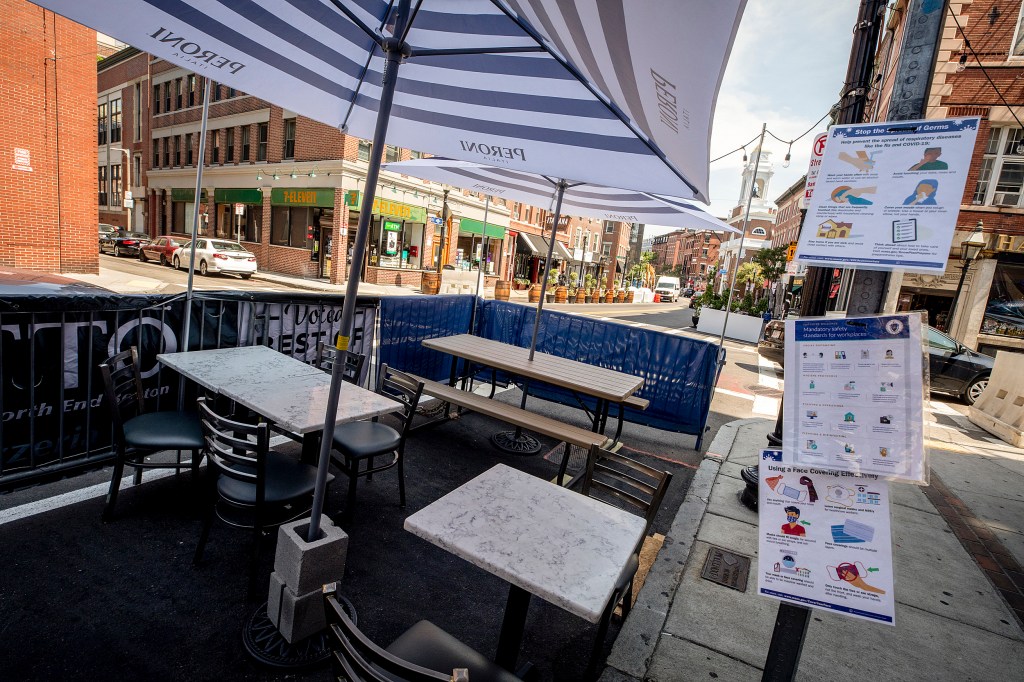
-
Taking action to help others in tough times
Alumni tackle issues worsened by the COVID-19 crisis, including domestic violence, clinical trial recruitment, and food insecurity.
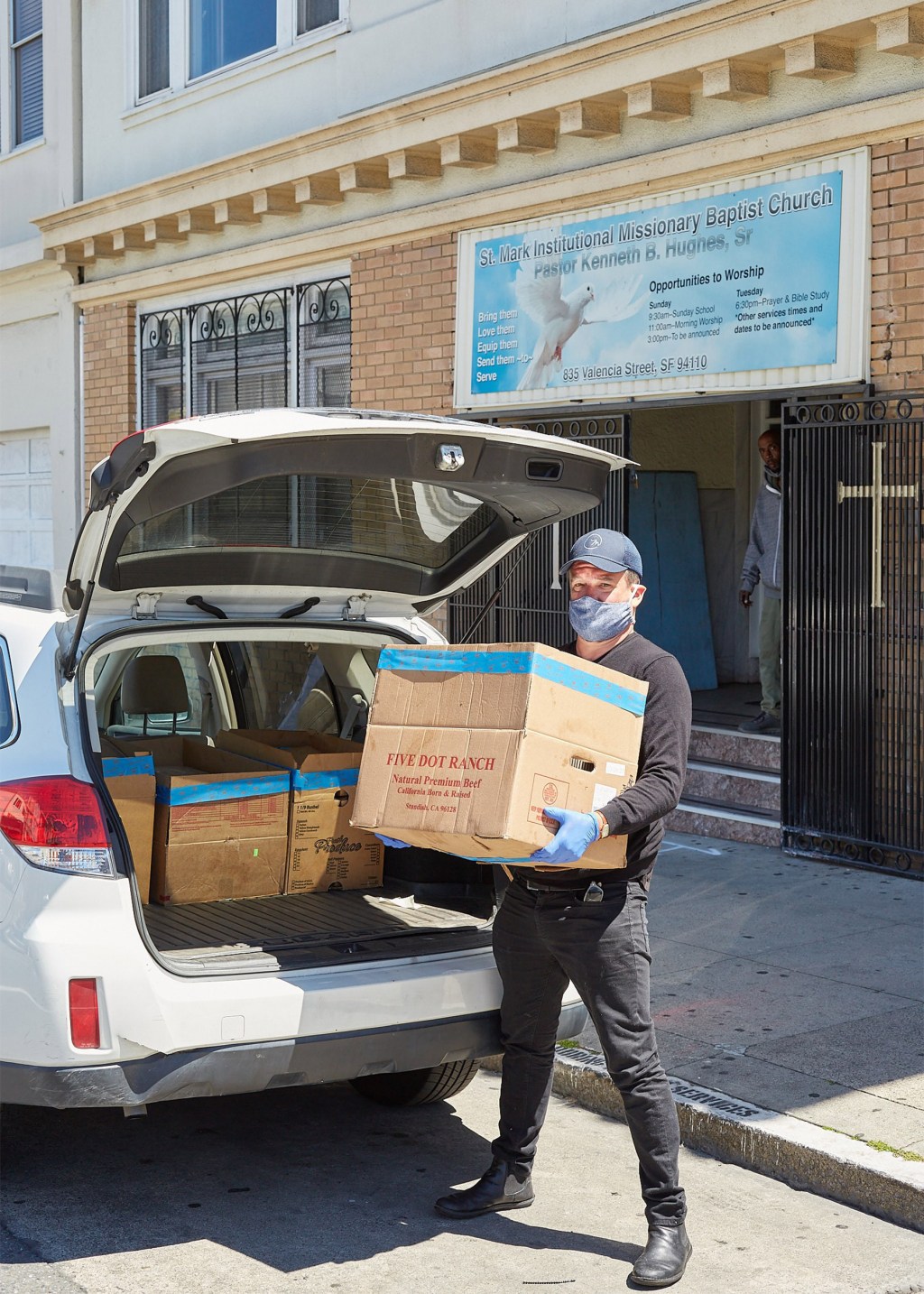
-
Will coronavirus change college admissions?
Richard Weissbourd of the Graduate School of Education discusses what college admissions deans expect from applicants during the pandemic, and opportunities to reform the process.
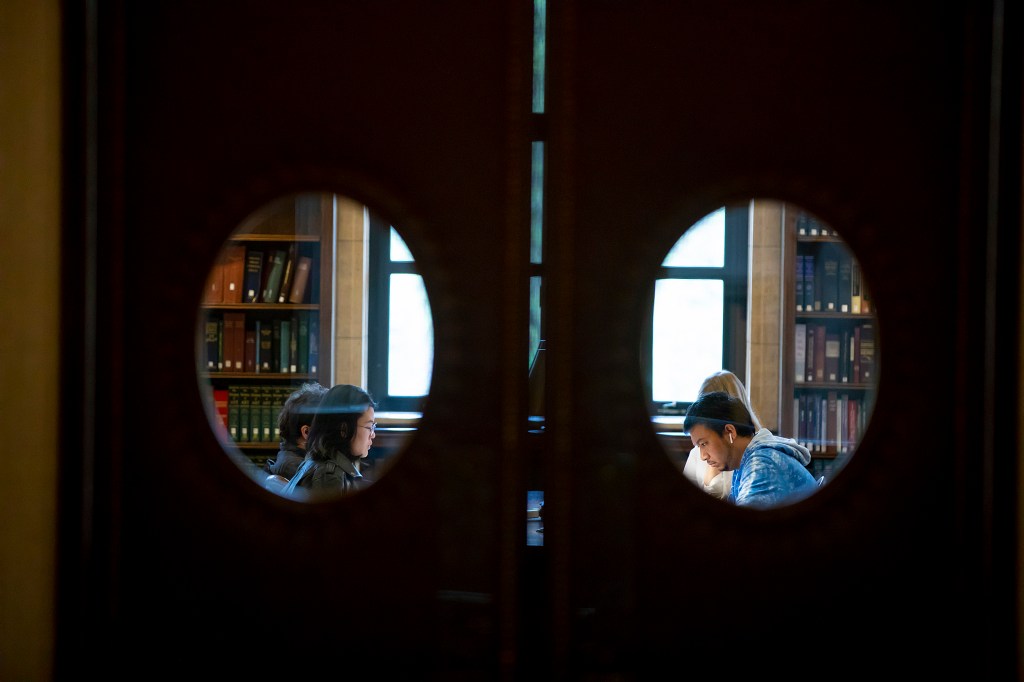
-
The path to zero
Harvard Global Health Institute, the Edmond J. Safra Center for Ethics, and more join to launch new COVID Risk Level map for policy makers and the public.

-
Hunger on the rise amid pandemic
Experts on food insecurity and diet gathered at an online forum on Tuesday to discuss COVID-19’s impact on hunger in America, and ways to make the post-pandemic food landscape better than that before COVID struck.
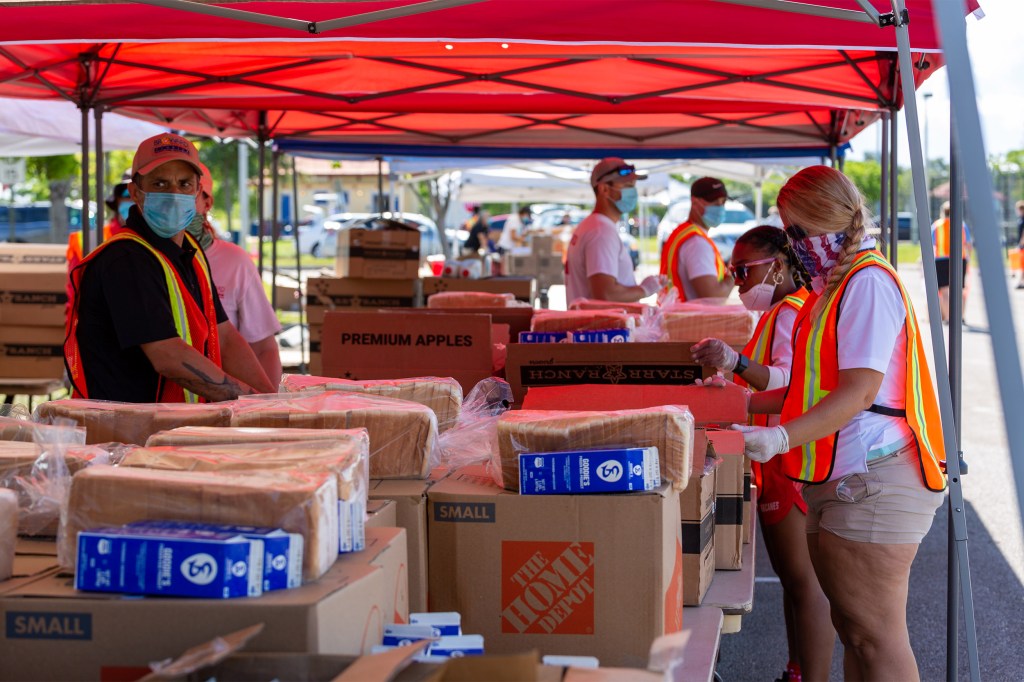
-
Is air conditioning helping spread COVID in the South?
Harvard researchers, drawing on insights from tuberculosis research, say air conditioners may be a factor in COVID-19’s spread down South, and relatively inexpensive germicidal ultraviolet lights a weapon.
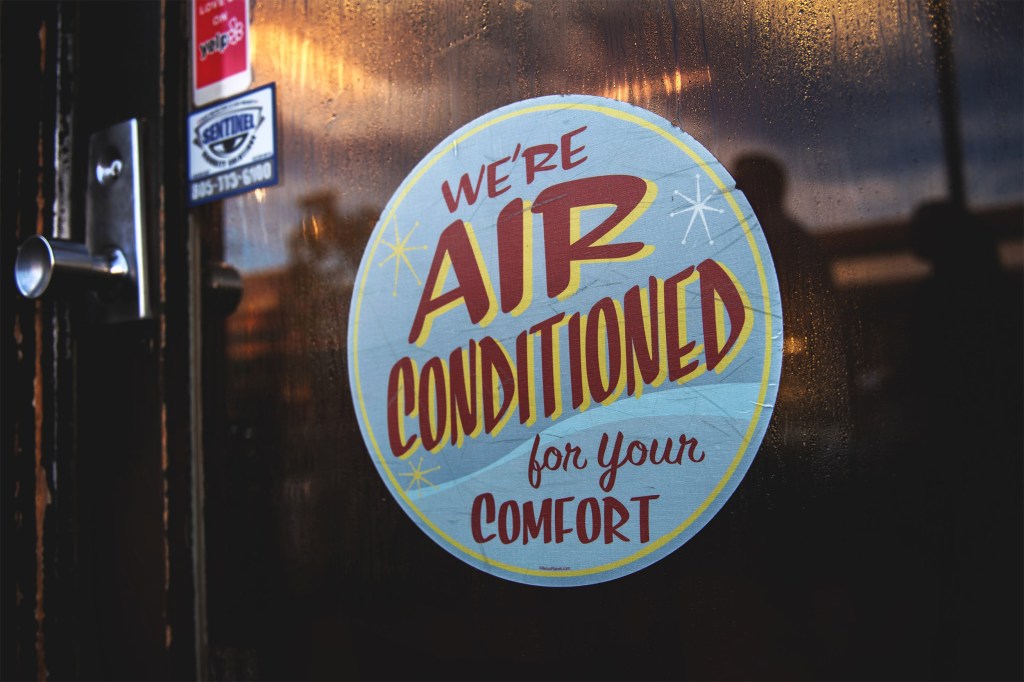
-
Pandemic threatens to veer out of control in U.S., public health experts say
Harvard public health experts said the U.S. coronavirus epidemic is getting “quite out of hand” and that lower death rates and younger populations testing positive should give no comfort.
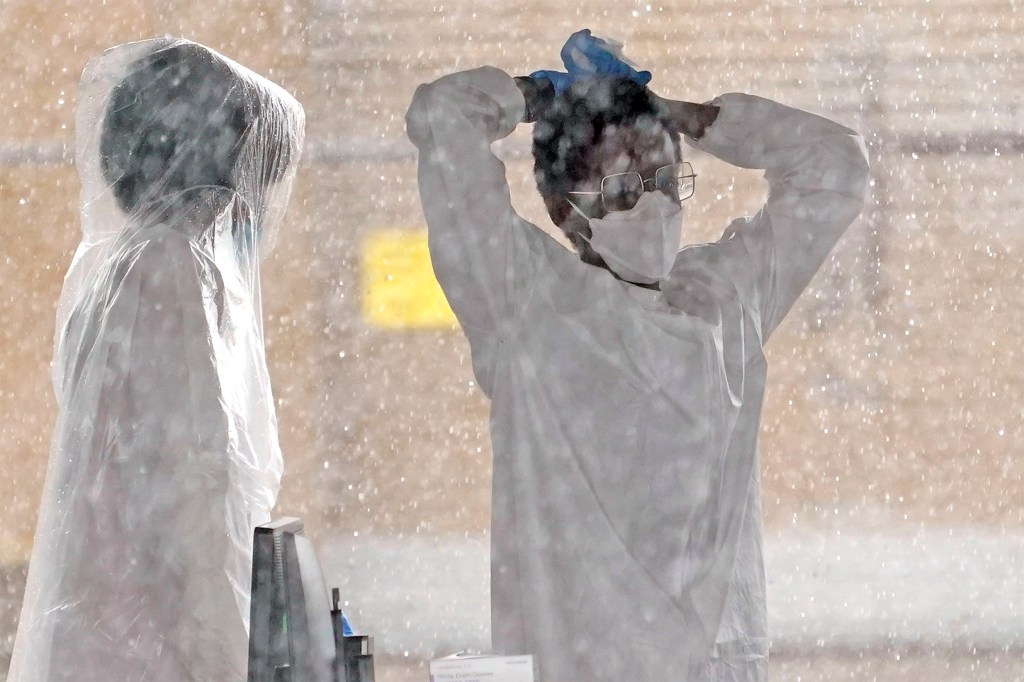
-
Healthy buildings expert outlines recommendations for school reopenings
As school officials worry about whether they can safely reopen their districts in the fall, Joseph Allen, a Harvard healthy buildings expert has an answer: yes.

-
Primary care sector projected to lose $15 billion
As a result of COVID-19 shutdowns, a $15 billion loss in the primary care sector is expected to threaten practice viability, reducing further an already insufficient number of primary care providers in the United States.
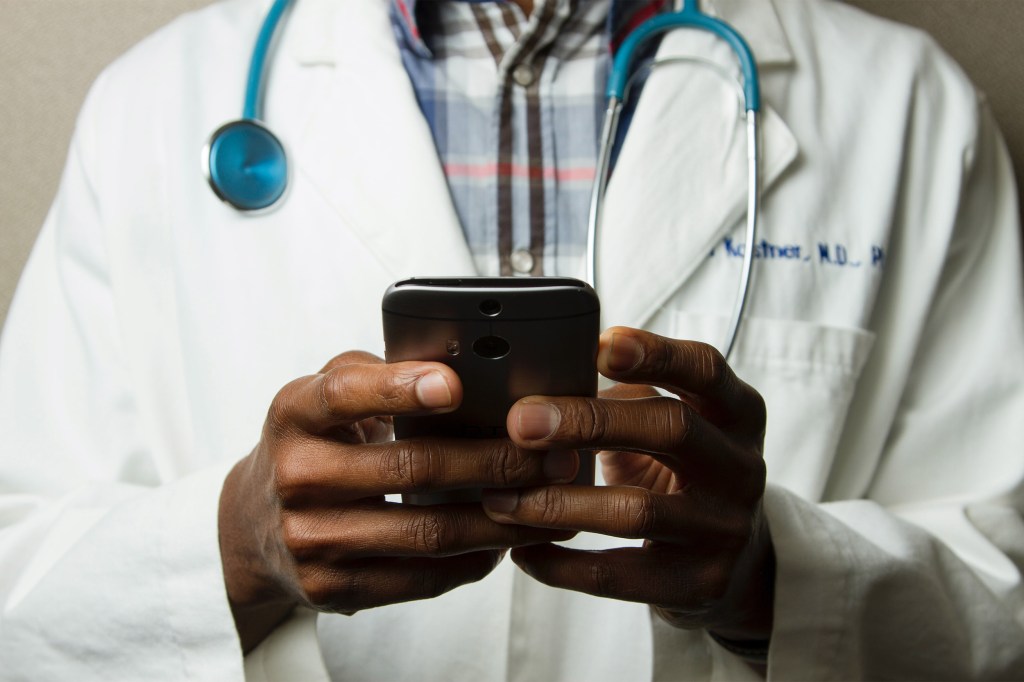
-
Lockdown? What lockdown?
Cellphone mobility data shows that most Americans have put the coronavirus lockdown in the rearview mirror and are moving about at nearly the same rate as they were before the pandemic began, according to a Harvard epidemiologist who studies such data.
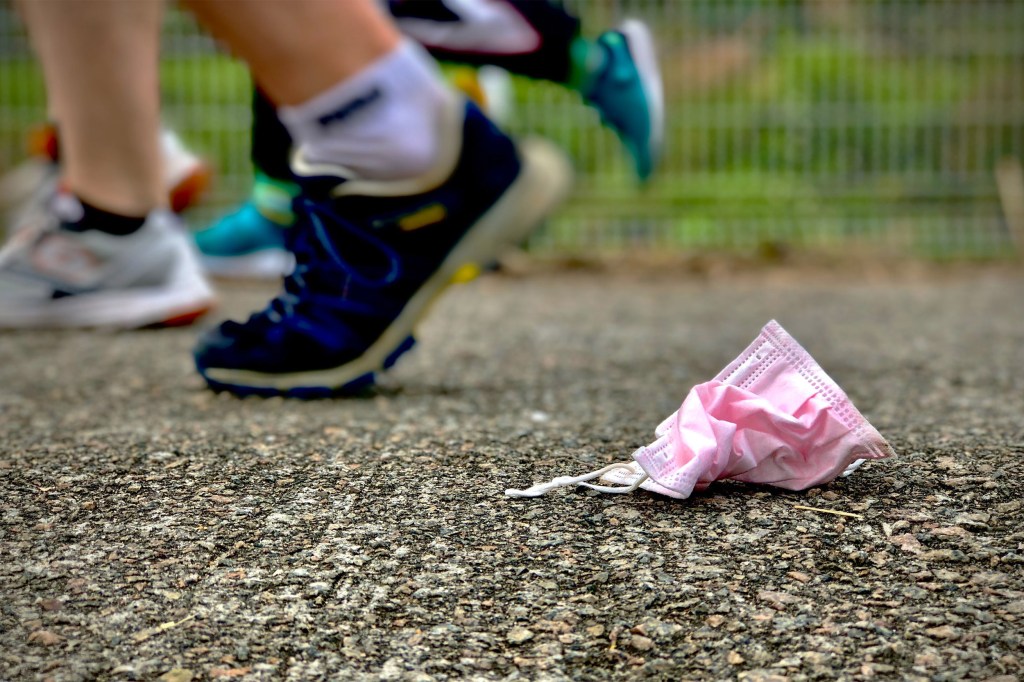
-
Finding COVID clues in movement
Tracking mobility of individuals offers hints of whether a problem is rising or falling.
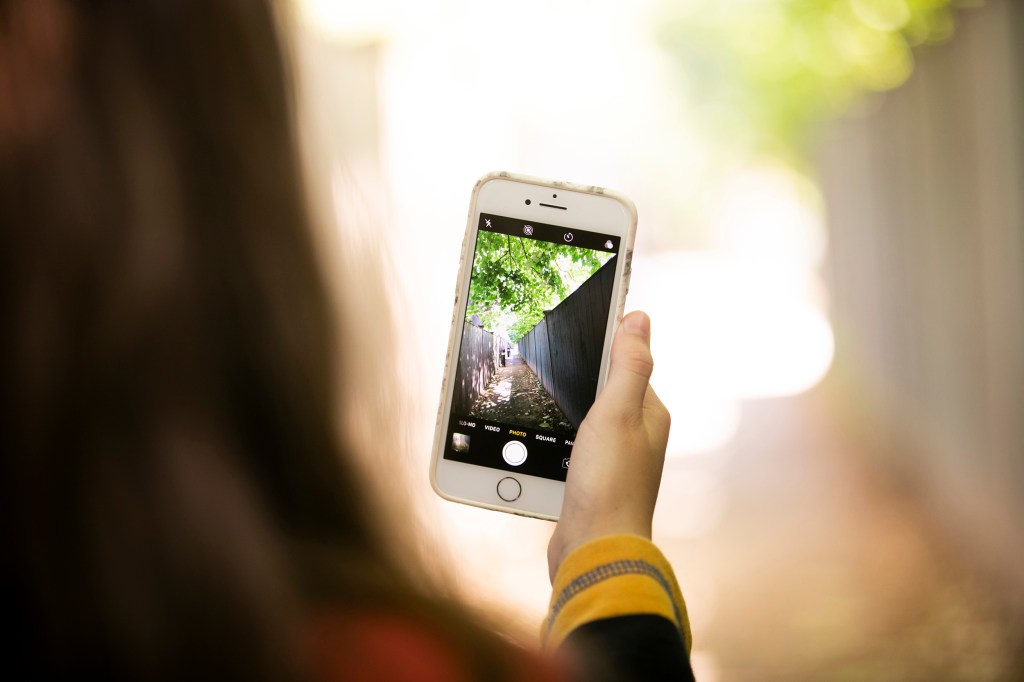
-
How COVID turned a spotlight on weak worker rights
An interview with Harvard Law Professor Benjamin Sachs and HLS Lecturer Sharon Block about the legal workplace issues in the time of COVID-19.
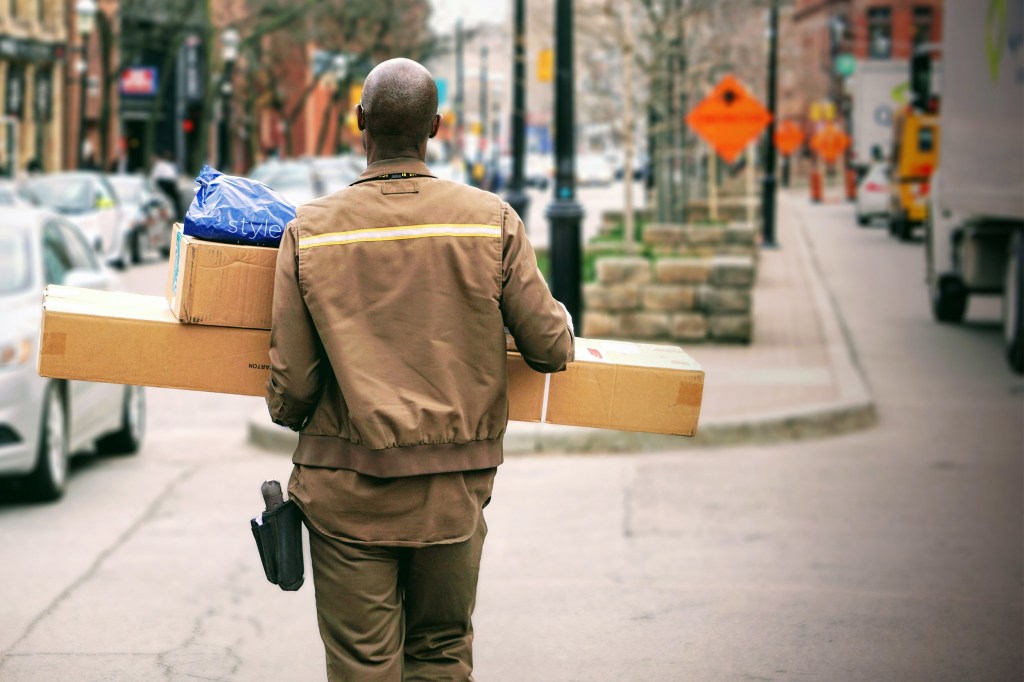
-
Examining COVID’s impact on Asians and Pacific Islanders
Harvard’s Sociology Department and UNESCO look at rise in various aspects of racism.

-
The risks of ‘not trying enough’ against COVID-19
Harvard economist and former Treasury Secretary Lawrence Summers said we’re in greater danger of doing too little to fight COVID-19 than too much.
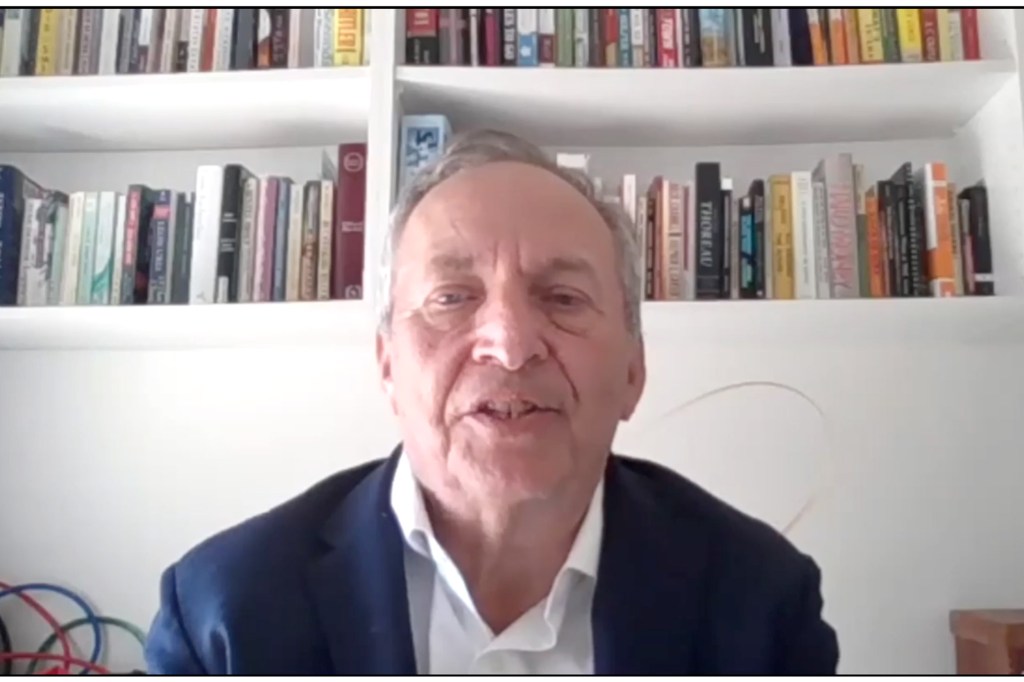
-
Teaching to remain online for 2020-21
Faculty of Arts and Sciences dean announces three potential scenarios for fall in an interim report to the community Monday that also confirmed online teaching will continue for the upcoming academic year.
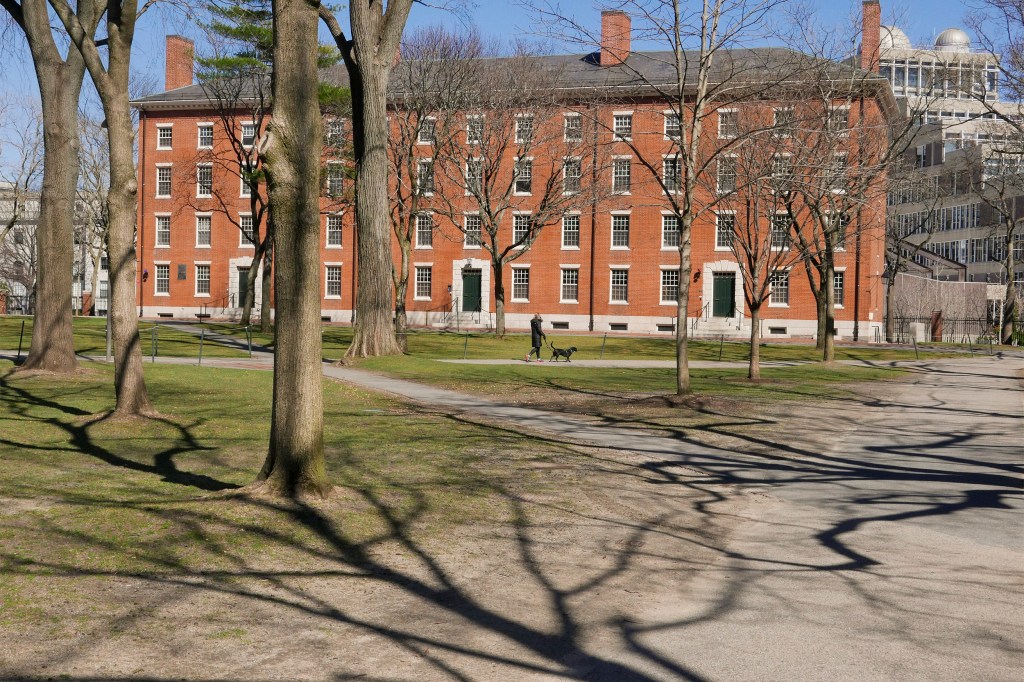
-
New economic tracker finds flaws in U.S. recovery plan
Opportunity Insights report suggests targeted social insurance programs may be more effective than U.S. economic recovery strategies.
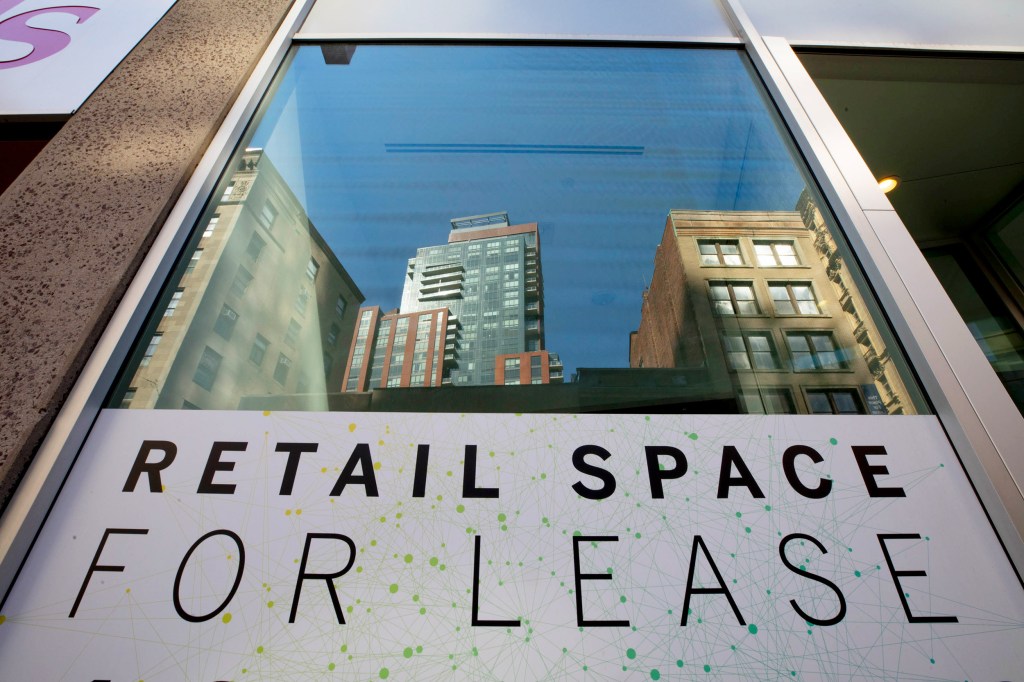
-
Americans are weary of lockdowns, but if COVID surges, what then?
If not a new lockdown, how do we slow the coronavirus in the future, researchers ask.

-
Wyss Institute to accelerate drug testing for COVID treatment
With a $16 million agreement from DARPA, Harvard’s Wyss Institute will use its technology to identify and test already FDA-approved drugs that may prevent or treat COVID-19 infection.
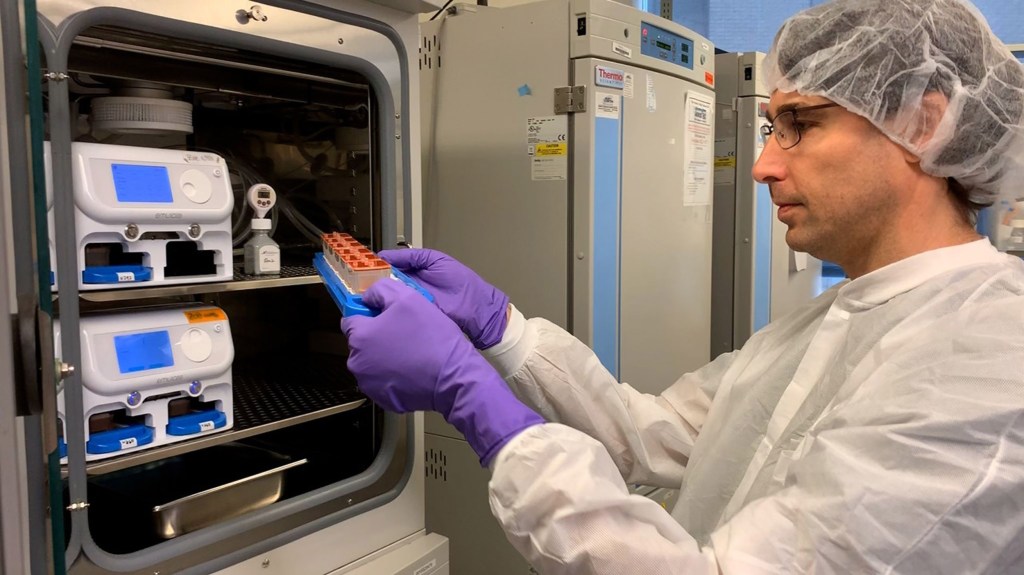
-
Six graduate and professional Schools to remain online for fall
Several Harvard Schools announce plans to continue offering classes online for the fall term.
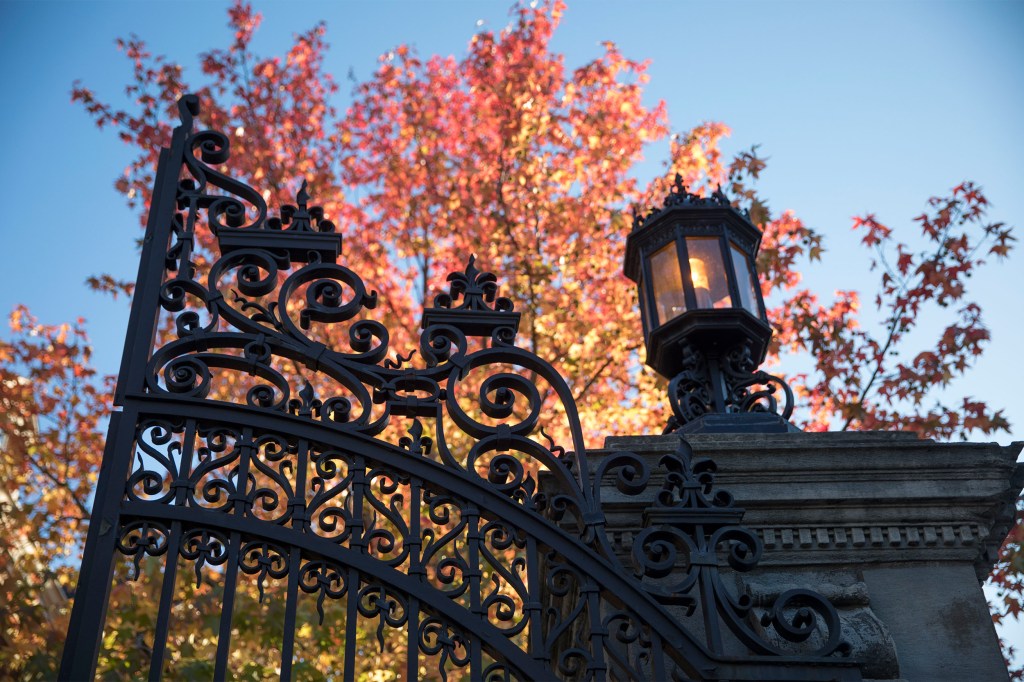
-
Though museums are closed, the work continues
Since Harvard’s museums went online, staffs have tackled the enormous task of updating, adding, and editing data for millions of items housed in University collections.
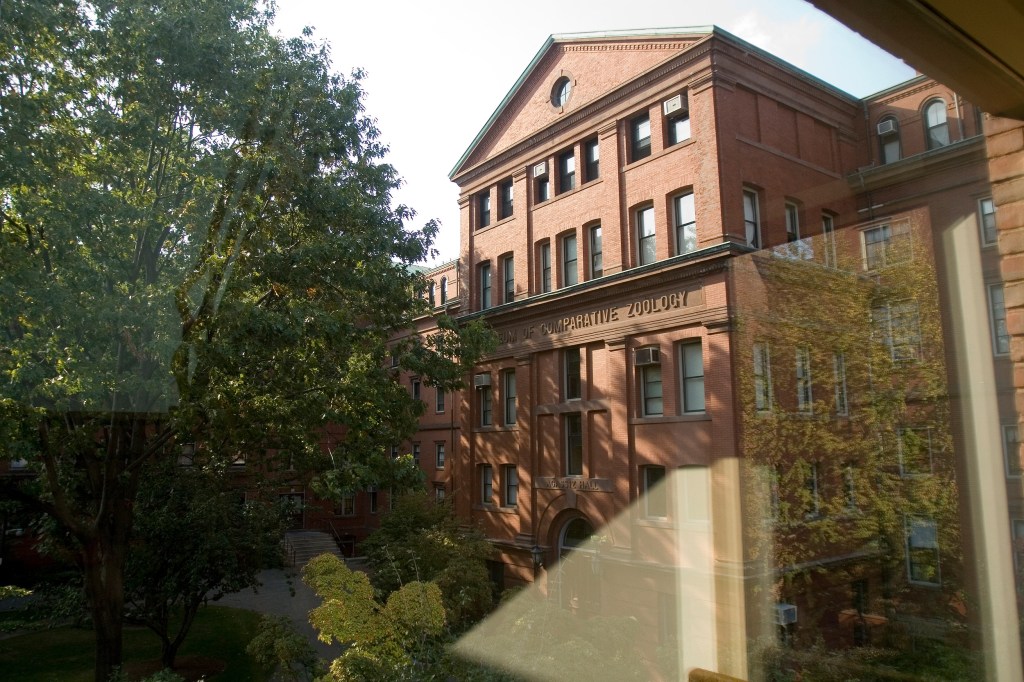
-
Harvard Library takes steps toward reopening
As Harvard begins a phased reopening, University Librarian Martha Whitehead outlines how the libraries will reestablishes core services.
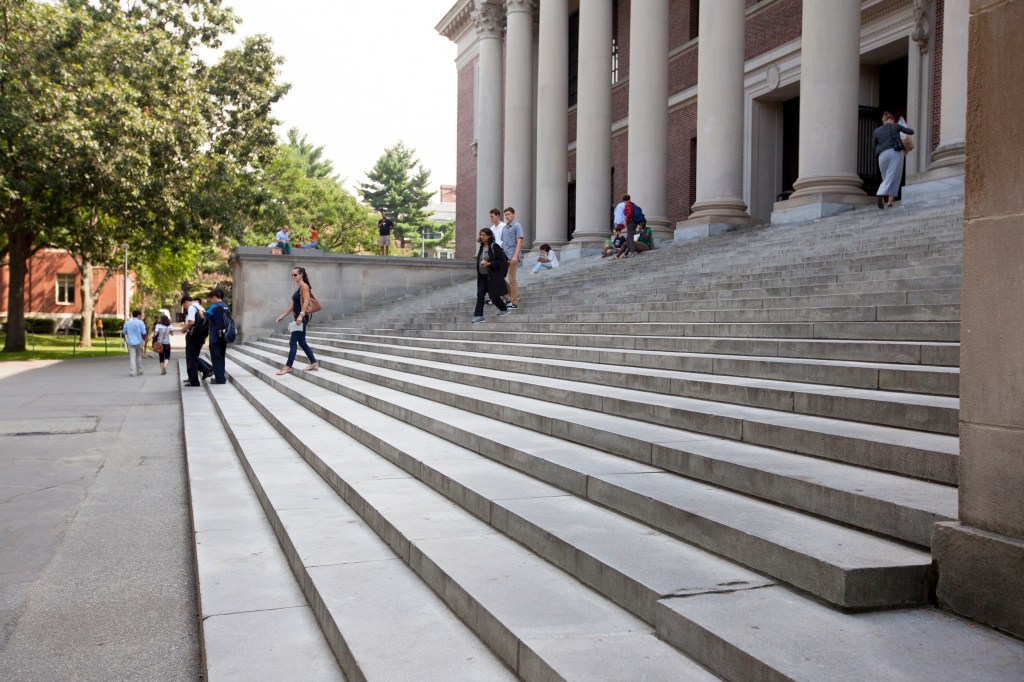
-
Adding up the cost of pandemic health care
A new report published by the Brookings Institution estimates national health care spending for COVID-19 care and discusses its policy implications.

-
Loss of taste and smell is best indicator of COVID-19, study shows
Researchers deploying a smartphone app to 2.6 million users have determined that the loss of smell and taste are most predictive symptoms of COVID-19.
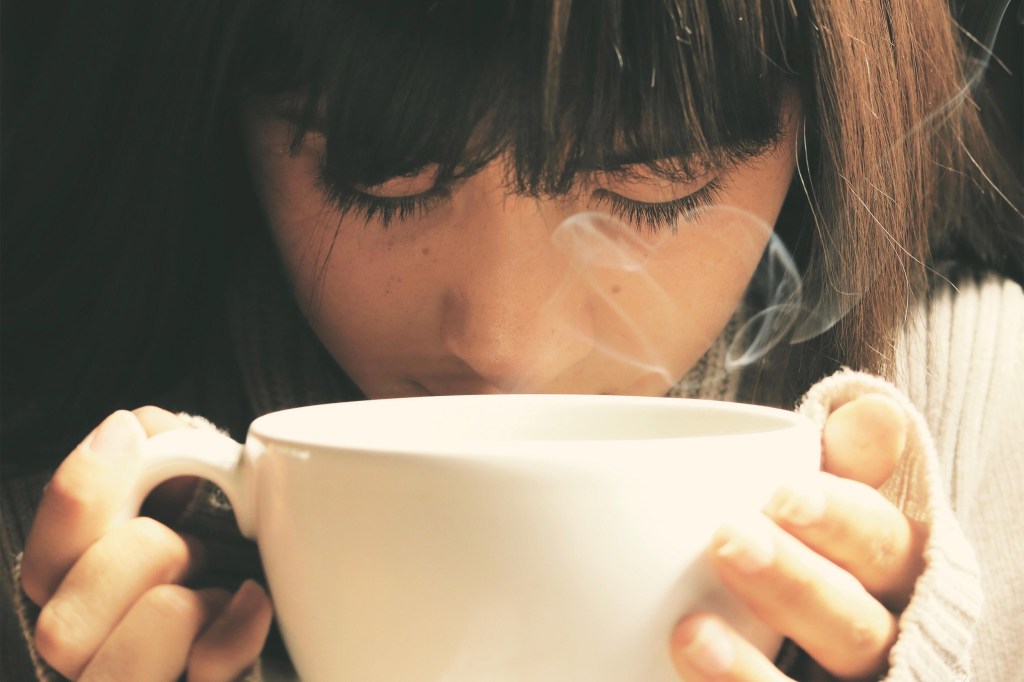
-
The COVID-19 evacuation wasn’t Harvard’s first
A look at how the coronavirus pandemic upended classes and life at Harvard, when the University sent students back home and began online learning, in an extraordinary measure that has only one precedent in its 384-year history.
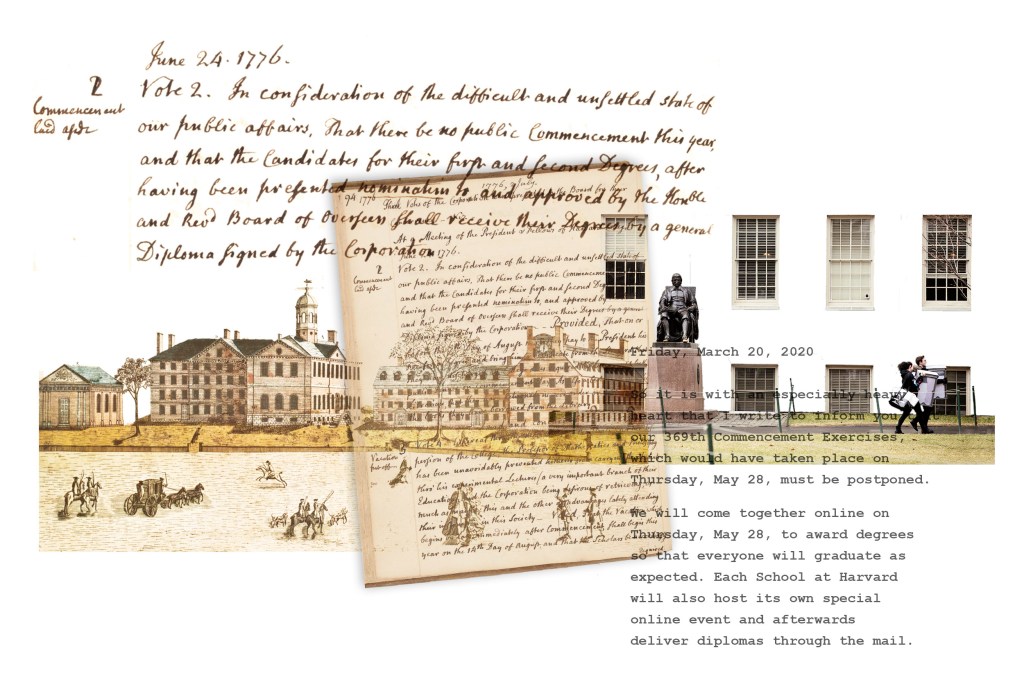
-
Fauci offers mayors candid advice on what to expect as nation begins to reopen
Anthony Fauci told mayors and city leaders at a seminar hosted at Harvard Kennedy School that they should “expect” to see new “blips of infections” as communities begin to reopen, but not to be “discouraged.”
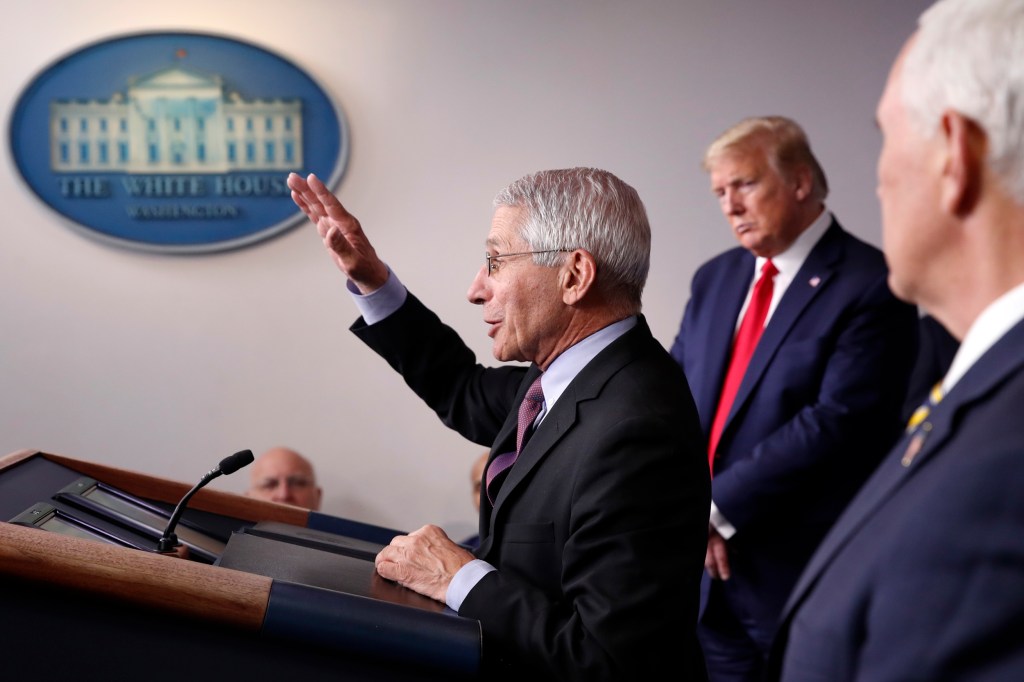
-
Love in the time of COVID
An expert in romantic relationships talks about the ways couples can keep relationships healthy in the time of COVID-19.
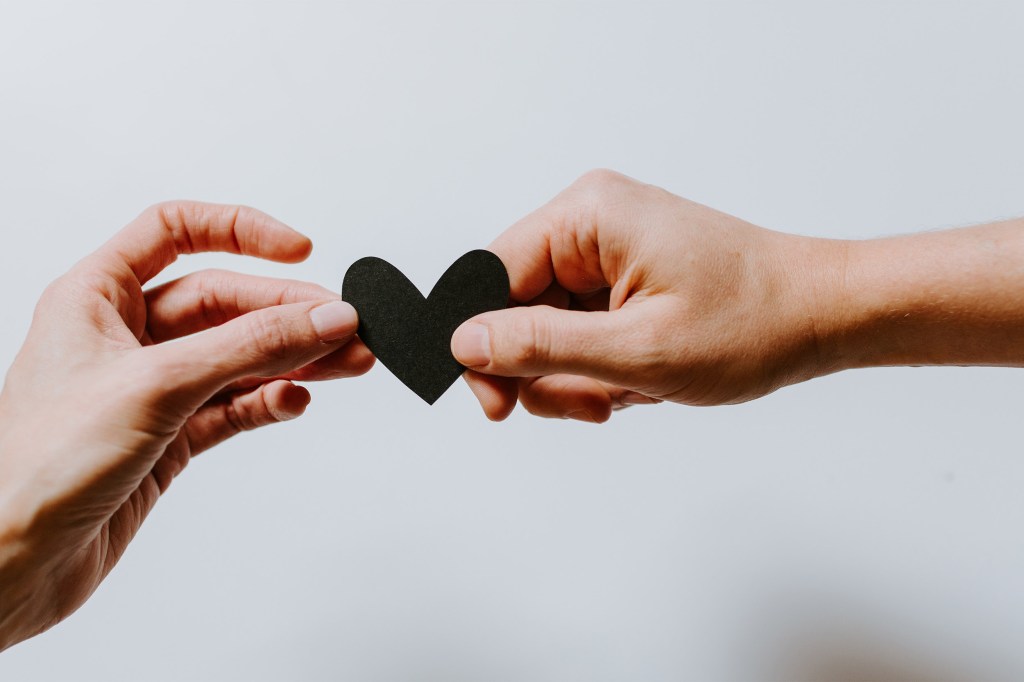
-
‘If it’s not over on the disease … it’s not over on the balance sheet’
Harvard Kennedy School economist Carmen Reinhart, an expert on financial crises who will become chief economist and vice president at the World Bank next month, discusses the outlook for the U.S. economy and the global challenges on the horizon.
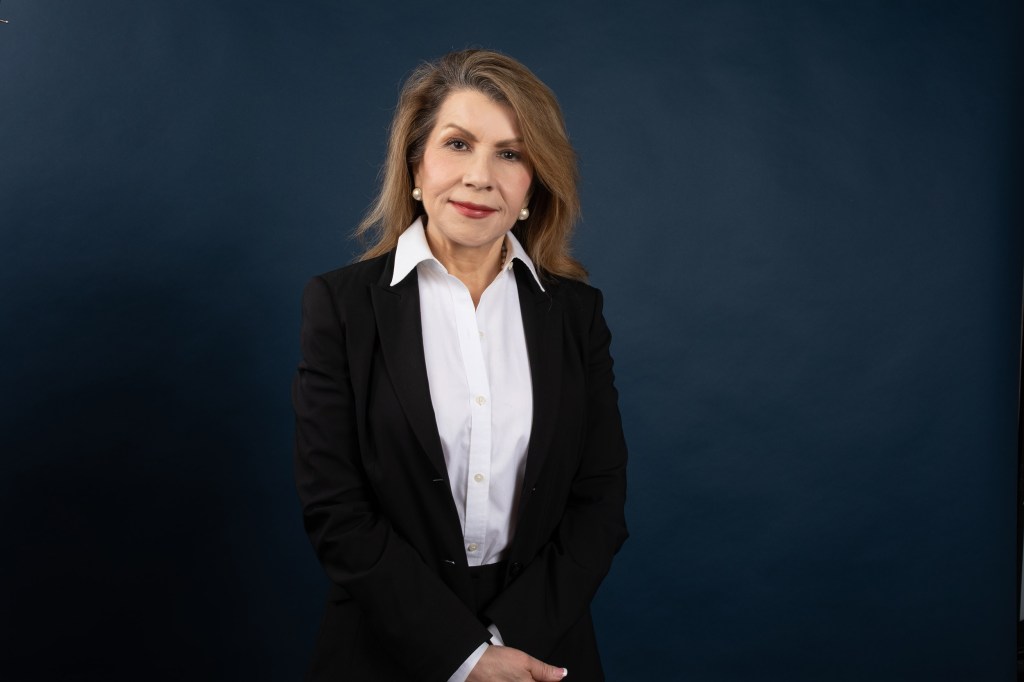
-
Vaccines can protect against COVID-19 in nonhuman primates, study says
Harvard-affiliated Beth Israel Deaconess Medical Center has developed vaccines — currently being tested in animal models — that are designed to train the body’s immune system to recognize the virus swiftly upon exposure and respond quickly to disable it.
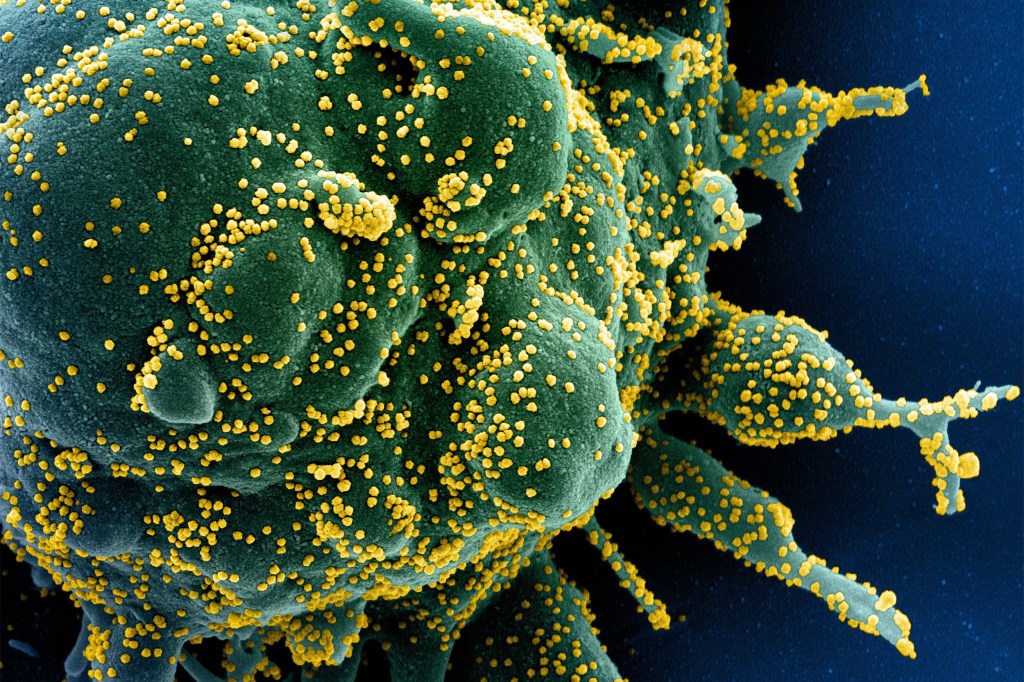
-
A summer like no other
Summer message from a health expert: Go outside and play, but don’t forget about COVID.
